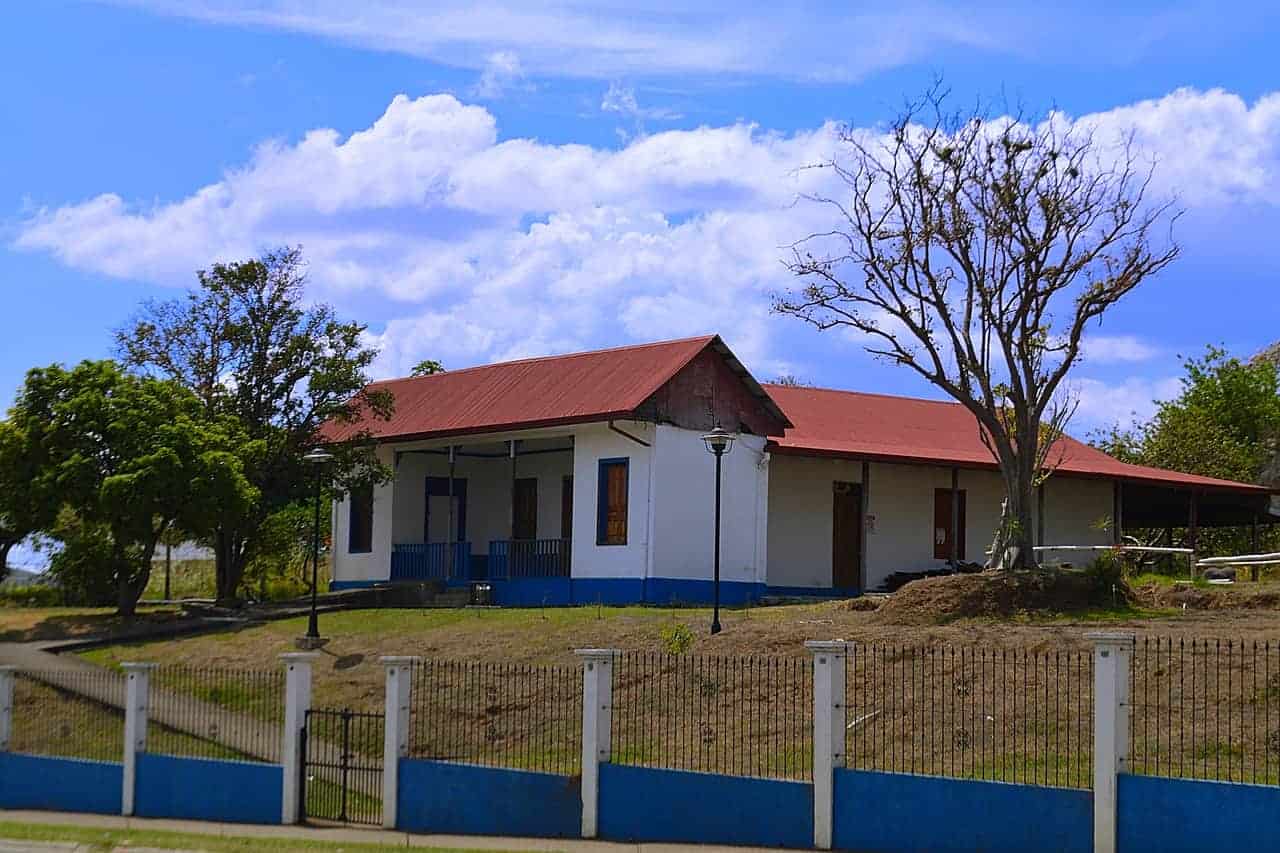Owning and holding property in Costa Rica has been and still can be a legal challenge, especially if there are title issues, if the property is in certain rural areas, if it is subject to complex property limitations or if the owner is absent from the property for long periods of time.
All property is not equal and does not have the same legal treatment. Property can be private or public, but all private property is, of course, as in any other country, subject to various legal limitations.
For example, at a very basic level, all properties are subject to the Law of Roads and the Law of Waters (yes waters in plural); or all property is potentially subject to expropriation if a serious public need should arise. This is the same the world over.
Registered Vs. Unregistered Property in Costa Rica
Property in C.R. can be registered or unregistered. Registered property has gone through a detailed verification process along with the property map, which ensures the property´s existence, its characteristics, its ownership and limitations.
Properties that are not registered have a much lower level of protection. For example, all the information on a registered property is not only public but it is legally deemed to be true unless it is demonstrated to be false in a court proceeding.
All registered properties are identified by numbers which indicate the province where the property is located, the number that identifies the property itself and the number of owners.
Urban Vs Rural Properties in Costa Rica
Private urban properties that have a long, established history are very safe and therefore more expensive because all the rights, limitations and obligations on these properties are pretty clear and well known.
Land that is located in rural areas or undeveloped areas can be trickier because the interested parties: owners, investors, pressure groups, the government and so on, are still trying to shape these areas. In these rural areas, property owners can end up becoming involved in Agrarian and/or Environmental Law.
Agrarian Vs. Environmental Law
Costa Rica has a long and distinguished history in an area of the law called Agrarian and Environmental Law. Agrarian Law regulates property in which there is the development of a biological cycle of production (i.e., plantations, cattle farms, fish farms, etc.). Environmental Law seeks to protect the ecosystems.
This area of the law (Agrarian Law) was especially developed in Italy in the 1920´s by a famous agrarian lawyer, Dr. Antonio Carozza and was further developed by my post graduate professor, Dr. Ricardo Zeledón and has propagated to many countries that have wisely or in some cases unwisely set limits on the rights of property.
Agrarian Law is regulated by the Agrarian Code, which is a set of very complex and important laws. Properties can be limited by their trees, by the fauna which dwell on it or pass through it, by the swamps and wetlands (humedales) which exist on it or near it, by the forests on it or near it and many others.
In the most extreme cases, the great fear is that a person can “lose” their property because someone has squatted on their land and has acquired legal rights to the property or because the land cannot be developed due to property limitations, such as beachfront property or land necessary to protect the water supply.
It would be impossible to explain all the ins and outs of property limitations and agrarian law in a single article. Nevertheless, there are some basic interesting concepts.
Third Party Property Ownership
The reason why the law allows a third party to acquire rights on a property is because there is a basic social and philosophical concept that land must serve a social purpose and therefore it is not enough to simply own the land, because land must be put to good use.
This concept came into conflict with itself when people started arguing the concept of “environmental possession”, which means precisely not doing anything with the land (no forms of land exploitation) in order to protect it, its ecosystems and the environment.
In principle, the law in Costa Rica is as strict as in any other jurisdiction as far as property rights. The owner has the right to defend his property and if the property has a registered title it should be well protected from any kind of abuse. Nevertheless, the reality of the situation is complex and untidy.
Properties, especially very large “fincas”, can have boundary issues (the property boundaries and fences are unkept) or the property may not be well maintained and therefore those that would take advantage of that situation argue that the property is “abandoned”.
There can be tragic social issues, such as large groups of extremely poor people, many of them manipulated by “organizers”, who invade these properties and live in squalor, often causing deep damage to the property, the community and the environment.
Possession and Property Ownership
The main legal concept that a property owner must contend with is the concept of “possession”. In the end, the “right of property” is nothing more than a series of other rights such as the right to transform the property, to use it, to sell it, defend it, etc., and the main right is the right of possession.
It is important, in properties that are in danger of being invaded by squatters that there be some kind of real possession by the owners. The problem is that often enough, property owners are taken advantage of because they live overseas, they don’t know the language, the customs or the law or they simply don’t have the funds to take care of a large piece of land.
One option is to establish a forestry program on the property. Another option is to rent the property to a reputable neighbor that will have some meaningful activity on the property.
Defending Property Ownership in Costa Rica
It is important to mention that there are several ways of “defending” a property. If a person feels his property is being threatened there is an expedited court procedure called “interdicto” (similar to an injunction), which is a very summarized court proceeding that deals only with issues of possession.
The problem is that nowadays, with so many justified and unjustified delays, a summarized procedure can feel like an eternity to the aggrieved party.
The importance of possession is that in order for a person to acquire any rights on a property, their possession must be in good faith, public, pacific (nonviolent), uninterrupted and it must be a possession as an owner, which means he must publicly present himself as the property owner.
For a person to argue the right of possession he/she must have acquired that possession through legitimate means. If any of these legal requirements is missing that person’s possession would be illegal. Of course, it is one thing to say these things in theory and quite another to argue them and prove them in court.
There is also an administrative procedure which is handled by the Ministry of Security in which the owner proves he owns the land and that he legally has the right of possession and if so, the police will evict the invader in a relatively short time.
The main thing is to exercise the proper prevention by making sure the property to be purchased is in a perfect legal situation. Often people acquire property in a legal situation that is less than ideal because they´re buying at bargain prices and then they are disappointed because they cannot obtain the full measure of protection of the law.
It is essential that your lawyer perform an in-depth investigation of the property´s history to make certain the property was born legally and has a perfect legal profile.
 Lic. Jorge Montero B. is a bicultural lawyer born in New York City, educated in the U.S.A. and in Costa Rica.
Lic. Jorge Montero B. is a bicultural lawyer born in New York City, educated in the U.S.A. and in Costa Rica.
He holds various specialties and master’s degrees in Criminal, Commercial, Environmental and Agrarian Law from the University of Costa Rica and has over 30 years of litigation, contract and counsel experience.
Email: acmbalaw@gmail.com;
Whatsapp: (506) 8785- 0101;
Tel: (506)- 8384- 2246






